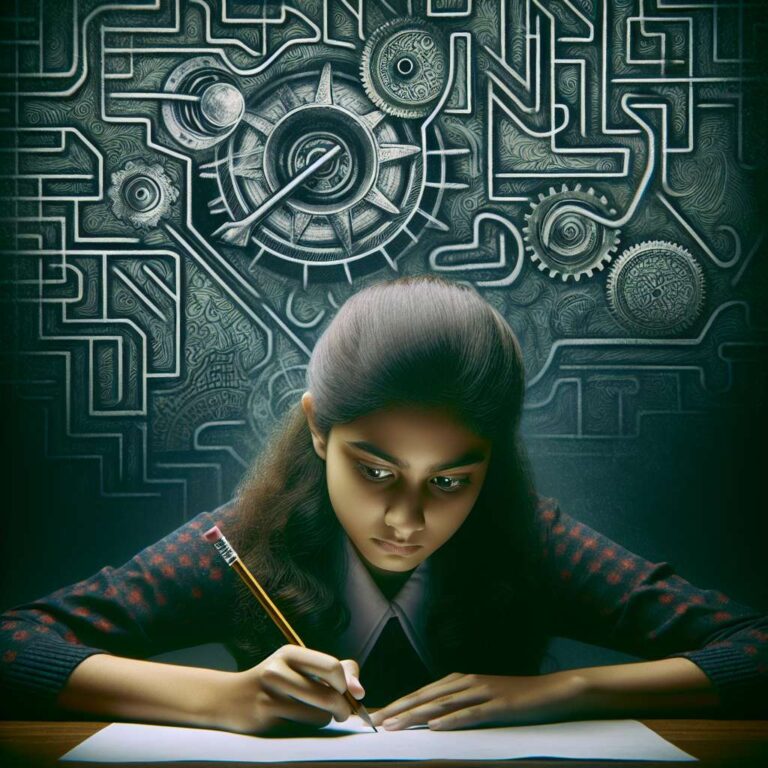This month, Apple released a scientific paper on Artificial Intelligence titled ´The Illusion of Thinking.´ The paper argues that currently available Artificial Intelligence systems, often touted for their reasoning abilities, are not genuinely thinking but instead rely on sophisticated pattern matching. This limits their capacity for original problem-solving, making them effective at tasks they´ve encountered before but incapable of human-like extrapolation. For example, Apple´s researchers demonstrated that while an Artificial Intelligence model could solve the Tower of Hanoi puzzle for a limited number of discs, it could not generalize the solution as a human could by recognizing its iterative nature. The paper´s position aligns with other studies indicating that advanced large language models claiming improved reasoning often experience higher rates of hallucination—fabricating answers when the correct one is unknown.
The essay notes that although Apple might have strategic reasons for highlighting these limitations, companies deeply invested in Artificial Intelligence, such as Nvidia, have substantial incentive to perpetuate its hype. Share prices for these industry leaders are heavily tied to the belief that scaling up large language models will eventually lead to artificial general intelligence. The author expresses skepticism about this premise, suggesting that a wide misbelief in imminent artificial general intelligence could eventually burst, risking a collapse in related investments and eroding the so-called ´Artificial Intelligence bubble.´
Simultaneously, the article highlights the subtle yet profound impact Artificial Intelligence tools like ChatGPT are having on education. Early studies reveal that students relying on Artificial Intelligence for homework are losing proficiency in independent problem-solving, a trend observable even in brain scans that show fewer neural connections when compared with non-users. The rapid adoption of these technologies by students could force a radical restructuring of education systems, with traditional homework potentially replaced by supervised in-person assessments to ensure genuine learning. The article warns that educational strategies will need to adapt quickly as Artificial Intelligence continues to change the way students learn and process information.

